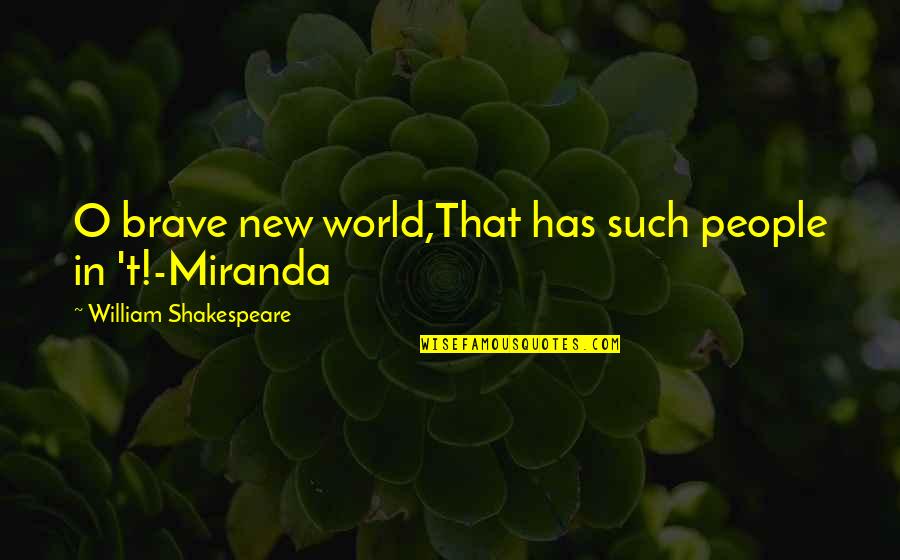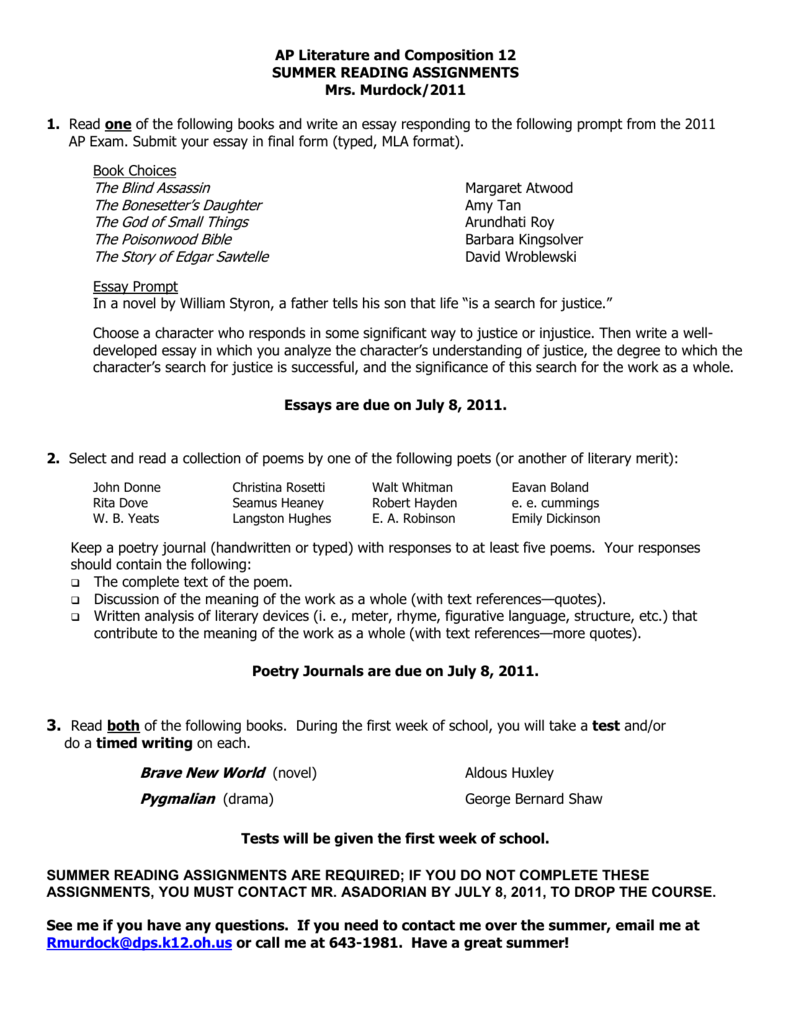

It has given us the stablest equilibrium in history. But truth's a menace, science is a public danger. A much harder master, if one isn't conditioned to accept it unquestioningly, than truth." I'm interested in truth, I like science. Happiness is a hard master -particularly other people's happiness. I chose this and let the science go." After a little silence, "Sometimes," he added, "I rather regret the science. "I was given the choice: to be sent to an island, where I could have got on with my pure science, or to be taken on to the Controllers' Council with the prospect of succeeding in due course to an actual Controllership. "Because, finally, I preferred this," the Controller answered. He picked up his pen again, and under the words "Not to be published" drew a second line, thicker and blacker than the first then sighed, "What fun it would be," he thought, "if one didn't have to think about happiness!" (12.39)

But not, in the present circumstance, admissible. Which was, the Controller reflected, quite possibly true. It was the sort of idea that might easily decondition the more unsettled minds among the higher castes -make them lose their faith in happiness as the Sovereign Good and take to believing, instead, that the goal was somewhere beyond, somewhere outside the present human sphere, that the purpose of life was not the maintenance of well-being, but some intensification and refining of consciousness, some enlargement of knowledge. But once you began admitting explanations in terms of purpose -well, you didn't know what the result might be. Helena may become necessary." A pity, he thought, as he signed his name. His transference to the Marine Biological Station of St. "The author will be kept under supervision. Not to be published." He underlined the words. He sat for some time, meditatively frowning, then picked up his pen and wrote across the title-page: "The author's mathematical treatment of the conception of purpose is novel and highly ingenious, but heretical and, so far as the present social order is concerned, dangerous and potentially subversive. "A New Theory of Biology" was the title of the paper which Mustapha Mond had just finished reading. Thirty or forty bars -and then, against this instrumental background, a much more than human voice began to warble now throaty, now from the head, now hollow as a flute, now charged with yearning harmonics, it effortlessly passed from Gaspard's Forster's low record on the very frontiers of musical tone to a trilled bat-note high above the highest C to which (in 1770, at the Ducal opera of Parma, and to the astonishment of Mozart) Lucrezia Ajugari, alone of all the singers in history, once piercingly gave utterance. It was a trio for hyper-violin, super-cello and oboe-surrogate that now filled the air with its agreeable languor. In the synthetic music machine the sound-track roll began to unwind. The final blast of thyme died away there was a round of applause the lights went up.

#Brave new world quotes and analysis series
Mond gives a history lesson of the wars and strife leading up to the formation of the World State and implementation of its systems.The scent organ was playing a delightfully refreshing Herbal Capriccio -rippling arpeggios of thyme and lavender, of rosemary, basil, myrtle, tarragon a series of daring modulations through the spice keys into ambergris and a slow return through sandalwood, camphor, cedar and newmown hay (with occasional subtle touches of discord -a whiff of kidney pudding, the faintest suspicion of pig's dung) back to the simple aromatics with which the piece began. These roles and their necessity are decided by the ten “World Controllers” who run the world, one of whom, Mustapha Mond, we meet early in the novel.

Alphas are at the top, followed by Betas, Gammas, Deltas, and finally Epsilons. People in the World State are literally factory-made they are then brainwashed into relishing whatever lot in life they are assigned: one of five main castes determined largely by predestined and scientifically-controlled intelligence levels. The novel opens with a tour of the Central London Hatchery and Conditioning Centre, in which the Director explains the foundational ideas of society’s “stability,” which stems from the production-line uniformity of its citizens. Brave New World, a dystopian novel published in 1932, is perhaps Aldous Huxley’s most famous and enduring work, consistently ranked among the top-100 English-language novels by entities such as the Modern Library, BBC, and The Observer.


 0 kommentar(er)
0 kommentar(er)
